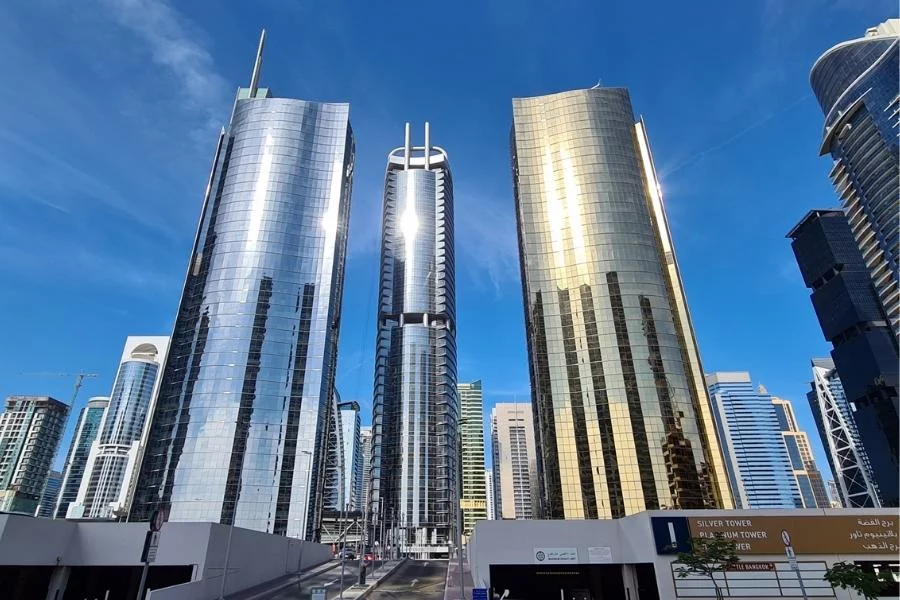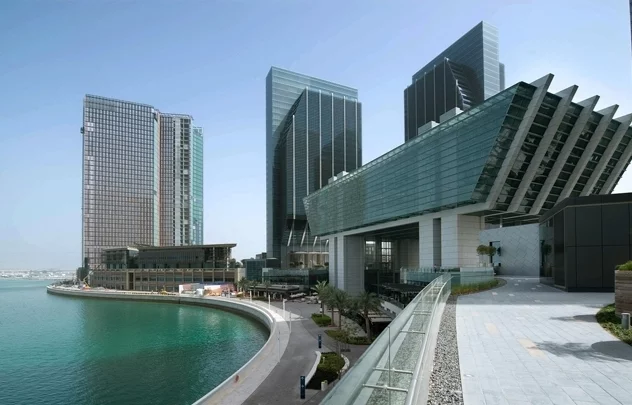Company Formation
GET A FREE CONSULTATION
+971 56 142 0482
Dubai welcomes start-ups, entrepreneurs, and global corporations with its many incorporation options and accommodating regulations. Furthermore, there are options for every facet of forming a company in Dubai, including the budget, location, premises, license, and Dubai visa. Each of the seven emirates has its own regulations governing economic activity, and the UAE’s authorities have established an environment that is ideal for conducting business, complete with first-rate infrastructure, sound governance, and advantageous taxation. The different options for incorporation are:
Onshore
Intended for trade. A Doorway to Global Growth and Trade.
Mainland, or onshore, businesses are permitted to conduct business both domestically and abroad, i.e., outside of free trade zones, and they are also permitted to enter into agreements with governmental bodies. Although they can be included in any of the UAE’s seven emirates, the license will…


LLC
Creating an LLC (Limited Liability Company)
An LLC is a vehicle for conducting business for foreign investors.Although they can now be incorporated for some professional activities, LLCs are typically incorporated to engage in trading and other commercial activities.
It is possible to incorporate an LLC with as few as two and as many as…
Branch or Representative Office
Creating a Commercial Companies Branch
A foreign company’s branch is usually established to conduct business in the professional or services sector. Some foreign companies find the prospect of having a branch appealing because it allows them to maintain 100% legal ownership. But in their home jurisdiction, this might have tax ramifications…


Professional Service Licence/Civil Company
The creation of a Foreign Commercial Companies Representative Office
A person wishing to work in a profession or consultancy, such as an engineer, lawyer, doctor, or accountant, may form an Establishment (sole trader) or Civil Company (professional partnership).
In every instance, a national local services agent from the UAE must be appointed.
Freezone
A company’s establishment in a UAE free trade zone
With more than 40 specialized free trade zones, the United Arab Emirates provides a plethora of benefits to foreign investors, such as full foreign ownership, zero-tariff customs duties on imports and reexports, and a 50-year corporate tax moratorium.
Every Free Zone has a unique…


Financial Zone
Located in a Financial Zone with Awards The Dubai International Financial Centre (DIFC) and the Abu Dhabi Global Market (ADGM) are the two primary financial freezones.
